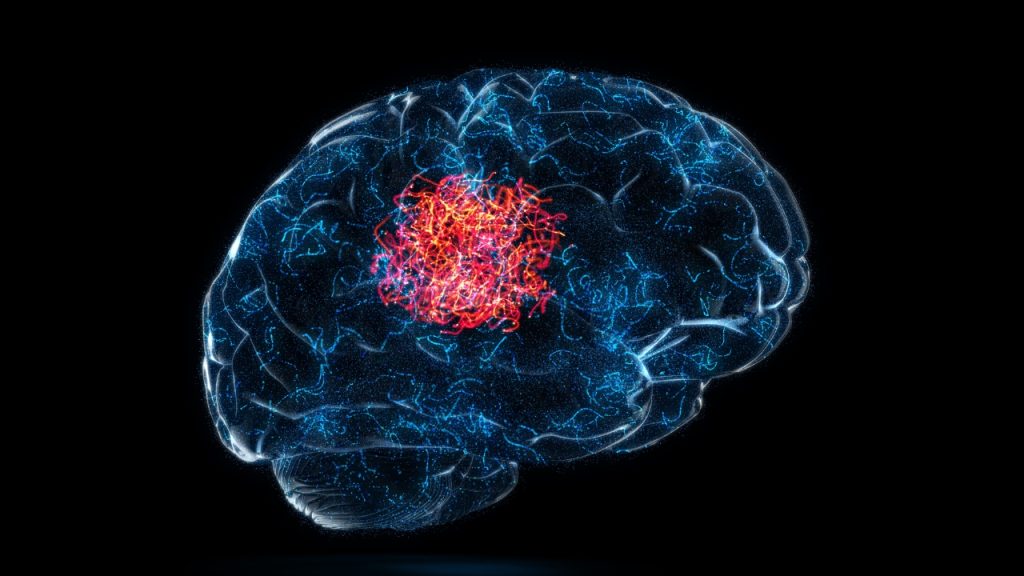Language and memory are intricately linked. Our ability to communicate through words not only shapes our interactions with the world but also profoundly influences our memory. Understanding how language affects memory can illuminate new pathways in cognitive science and offer practical strategies for improving recall. In this article, we will explore the various ways in which language impacts memory, delving into fascinating research findings and practical applications.
The Relationship Between Language and Memory
Language is the medium through which we encode, store, and retrieve information. The words we use and the structure of our language can have significant effects on how we remember events and information.
Encoding Memories Through Language
When we experience an event, we encode it into our memory. This process often involves translating sensory information into a verbal form. For instance, recalling a beautiful sunset might involve the mental description of colors and feelings associated with it.
The Role of Narrative in Memory
Narratives play a crucial role in shaping our memories. When we recount experiences as stories, we structure them in a way that makes them easier to remember. Stories provide a framework that helps in organizing information, making it more accessible for future recall.
Language-Specific Memory Effects
Different languages can influence memory in unique ways. The structure and vocabulary of a language can shape how its speakers perceive and remember the world.
Linguistic Relativity and Memory
The concept of linguistic relativity suggests that the language we speak influences our cognitive processes. This idea, also known as the Sapir-Whorf hypothesis, proposes that speakers of different languages may remember events differently due to the linguistic structures they use.
Case Study: Color Perception
Research has shown that language can affect color perception and memory. Some languages have more terms for colors than others, which can influence how speakers of those languages remember and differentiate colors. For example, speakers of languages with distinct terms for different shades of blue may be better at recalling those shades compared to speakers of languages with fewer color distinctions.
Bilingual Memory Advantages
Bilingual individuals often exhibit unique memory advantages. The ability to switch between languages can enhance cognitive flexibility and improve memory performance. Bilingualism has been linked to better executive function and greater resilience against age-related cognitive decline.
The Influence of Words on Memory Recall
The specific words we use can significantly impact how we remember information. Certain linguistic techniques can either enhance or hinder our recall abilities.
The Power of Emotional Language
Emotionally charged language tends to be more memorable. Words that evoke strong emotions, such as joy, anger, or sadness, are more likely to be remembered than neutral words. This phenomenon is partly due to the activation of the amygdala, a brain region involved in emotional processing, which enhances the consolidation of emotional memories.
Example: Advertising and Emotional Appeal
Advertisers often use emotional language to make their messages more memorable. By crafting slogans and advertisements that evoke feelings of happiness, nostalgia, or excitement, they increase the likelihood that consumers will remember their products.
The Impact of Repetition
Repetition is a powerful tool in enhancing memory recall. Repeated exposure to the same words or phrases strengthens the neural connections associated with that information, making it easier to retrieve later.
Educational Applications
Educators leverage repetition to aid students in memorizing facts and concepts. Techniques such as spaced repetition, where information is reviewed at increasing intervals, have been shown to be particularly effective in enhancing long-term memory.
How Metaphors and Analogies Enhance Understanding and Memory
Metaphors and analogies are linguistic tools that can make complex information more relatable and easier to remember. By linking new information to familiar concepts, they create mental associations that facilitate recall.
The Cognitive Benefits of Metaphors
Metaphors help in encoding information by providing a vivid mental image. For instance, describing the brain as a “supercomputer” helps people understand its complexity and capabilities through a familiar analogy.
Metaphors in Science Communication
Scientists and educators often use metaphors to explain intricate concepts. For example, referring to DNA as the “blueprint of life” simplifies the understanding of genetic information and its role in biological processes.
Analogies in Problem-Solving
Analogies aid in problem-solving by allowing us to draw parallels between similar situations. This can help in transferring knowledge from one context to another, enhancing both understanding and memory retention.
The Role of Language in Autobiographical Memory

Autobiographical memory involves the recollection of personal experiences and events. Language plays a critical role in how we construct and retrieve these memories.
Constructing Personal Narratives
Our personal narratives are shaped by the language we use to describe our experiences. The way we talk about our past can influence how we remember it. Positive language, for instance, can lead to more positive recollections, while negative language can have the opposite effect.
The Therapeutic Use of Language
Therapists often use language to help individuals reframe their memories. By encouraging clients to describe traumatic events in a more positive light, therapists can help them reshape their memories and reduce emotional distress.
The Influence of Cultural Narratives
Cultural narratives and storytelling traditions also impact autobiographical memory. Different cultures emphasize different aspects of memory, such as individual achievements or communal experiences, which can shape how individuals within those cultures remember their past.
Practical Strategies for Enhancing Memory Through Language
Understanding the relationship between language and memory can lead to practical strategies for improving recall. Here are some techniques that leverage linguistic principles to enhance memory.
Using Mnemonic Devices
Mnemonic devices are memory aids that use linguistic cues to facilitate recall. Examples include acronyms, rhymes, and chunking information into smaller, manageable units.
Example: The Method of Loci
The method of loci is a mnemonic technique that involves associating information with specific locations in a mental “memory palace.” By visualizing a familiar place and placing items to remember within it, individuals can enhance their recall.
Crafting Vivid Mental Images
Creating vivid mental images based on descriptive language can strengthen memory. By forming detailed mental pictures, individuals can make abstract information more concrete and memorable.
Application in Studying
Students can use this technique to remember complex information. For example, visualizing the process of photosynthesis as a vivid scene involving sunlight, water, and chlorophyll can help in recalling the steps involved.
Storytelling for Memory Retention
Storytelling is a powerful tool for memory retention. By organizing information into a narrative structure, individuals can make it more coherent and easier to remember.
Educational Storytelling
Teachers can use storytelling to make lessons more engaging and memorable. By framing historical events or scientific concepts as stories, they can capture students’ attention and enhance their understanding and recall.
The Future of Language and Memory Research
The intersection of language and memory is a dynamic field of research with many exciting possibilities. Advances in neuroscience and cognitive science continue to reveal new insights into how words shape our memory.
Neuroimaging Studies
Neuroimaging techniques, such as fMRI and PET scans, allow researchers to observe brain activity related to language and memory. These studies are uncovering the neural mechanisms that underlie the encoding and retrieval of verbal information.
Insights into Language Disorders
Research into language and memory can also provide valuable insights into language disorders, such as aphasia and dyslexia. Understanding how these conditions affect memory can lead to better therapeutic interventions and support.
The Role of Artificial Intelligence
Artificial intelligence (AI) is playing an increasingly important role in language and memory research. AI algorithms can analyze vast amounts of linguistic data to uncover patterns and connections that were previously inaccessible.
AI in Cognitive Training
AI-powered cognitive training programs are being developed to enhance memory and language skills. These programs use personalized exercises and feedback to help individuals improve their cognitive abilities.
Read More: The Therapeutic Benefits of Word Games for Mental Health and Wellbeing
Conclusion
Language profoundly shapes our memory, influencing how we encode, store, and retrieve information. From the impact of emotional words and repetition to the use of metaphors and narratives, the words we use play a crucial role in shaping our recall abilities. By understanding the intricate relationship between language and memory, we can develop practical strategies to enhance our cognitive functions and enrich our lives. The ongoing research in this field promises to unlock even more fascinating insights, paving the way for new applications and interventions that can benefit individuals and society as a whole.




